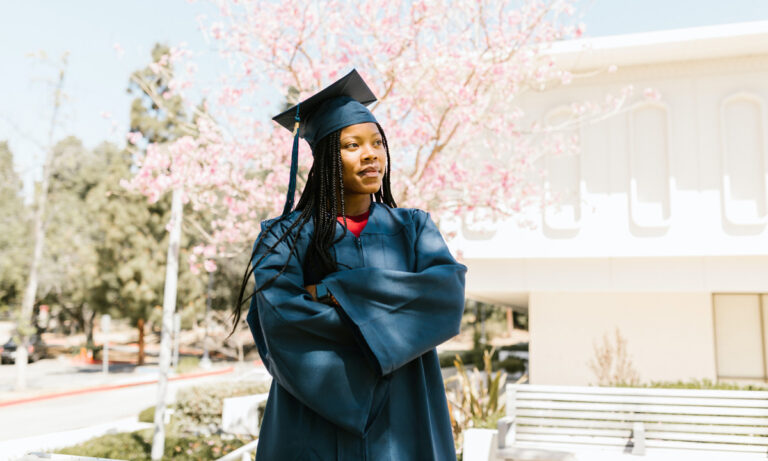Anonymous donor clears the entire student debt of a Texas college 2022 class
Students graduating from Wiley College in Marshall, Texas—a historically black college—were told at their commencement ceremony that an anonymous donor had fully paid their debts. The school announced in a news release that over 100 students were gathered on Saturday 7 May 2022, when Wiley’s President and CEO, Dr Herman J. Felton Jr delivered them the good news.
The total of the balances owed to the college for the graduating class of 2022 is estimated at around $300,000 (£242,805). “We are constantly communicating with donors to assist students in these ways so that they can begin their after-college experience with less debt,” Felton Jr declared as part of the statement released by the school following the event.
The President added that the college’s commitment to its students “goes beyond their time while they are enrolled” and that he’s thankful for the anonymous donor because the donation will help Wiley “achieve institutional goals of graduating our students with little to no debt.” Duh, Felton Jr.
Though the mysterious donor’s name remains unknown, the college was quick to share the incredible act of kindness online, writing on Twitter: “Congratulations 2022 Graduates, YOU ARE DEBT FREE! Go Forth Inspired, glorious deeds to do.” The tweet also included a video where graduates, along with their family and friends, are seen celebrating the news.
Congratulations 2022 Graduates, YOU ARE DEBT FREE!
— Wiley University (@WileyUniversity) May 7, 2022
Go Forth Inspired, glorious deeds to do. 🥹🙌🏾#wileygrad22 #wileycollege #hbcu #hbcugrad #hbcupride #goforthinspired pic.twitter.com/a0zHUDTFc4
In its statement, the college also revealed its commitment to increasing access to higher education—disclosing that it had reduced its tuition in the past few years to $17,500 (which includes tuition, fees, and room and board).
Reporting on the subject, NBC News highlighted that the 2007 movie The Great Debaters, starring Denzel Washington, was inspired by the 1935 debate in which Wiley prevailed over the University of Southern California’s infamous team at a time when the nation was heavily segregated.
Now, onto the real question, who was the mysterious donor? We’re thinking Nicki Minaj may or may not have something to do with it.






